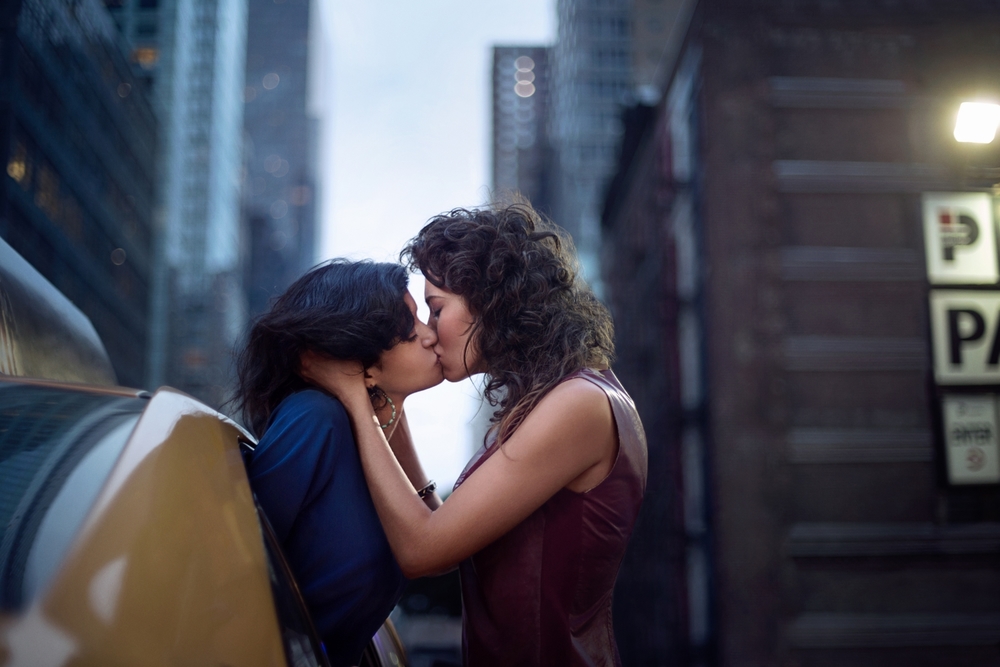Many emotions and real-world issues can be captured through photography. Seeing a photograph of something someone doesn’t necessarily see in real life or witness every day can bring awareness to a problem that many people go through.
Opinion text by Braden Summers
Photography can help people relate to others in a new way. The art of photography can really make someone think about on which side of an issue they stand, and how their actions affect others in everyday life. The projects that most excite me as an artist are those that bridge art and social justice. It is common to absorb much of what we know about the world through news media, which can be jarring if we don’t like what we are seeing. News is polarizing: we tend to favor certain media outlets with a political bent that matches our own beliefs. This is problematic, as it can often feel like we are being fed information from a singular perspective. For example, I consistently watch CNN to stay informed; the few times I watch Fox News to get a grasp on the news spin they are peddling. I am consistently enraged by the way in which they present the ‘facts.’ For me, art is a way to address political issues in a way that can reach a broader audience, and the most successful art engages the viewer to take it in and develop their own perspective on the work and issues presented.
I use my artwork to address social issues. ‘Frame of Mind’ is a film that showcases the humanity of our transgender brothers and sisters. This film is shot in a four-minute, single-take, single-perspective, as one trans actress navigates the emotional and physical responses to her existence from fellow passengers in an elevator. The goal is for the viewer of the film to associate with one or more of the characters and reflect for themselves how they might act in that same scenario. In 2013, I photographed a series called “ALL LOVE IS EQUAL” to illustrate the beauty in gay relationships, avoiding the sexual clichés historically associated with same-sex love. In 2016, I created a short film, “Rebel In Rising,” as a way to leverage the insane frustration I felt when Donald Trump became president, into a poetic work of art. These award-winning projects were created to affect change, and I believe they have.
In ‘Frame of Mind’, ‘Rebel In Rising’, and #AllLoveIsEqual
I approached these sensitive subject matters by viewing them through a beauty lens – ultimately creating political imagery that is meant to challenge my audience to expand their scope of acceptance. I get them to look, not look away because it is beautiful. As adults, I find that we are less open to new ideas or concepts than we were in our youth. Discussions around trans acceptance were not as common five years ago, 10 years ago, 30 years ago, as they are today. If you are in your adulthood and have never met a transgender man or woman, it may be difficult to understand how or why they live such a different life than your own. Their existence could make you uncomfortable and it may be easiest for your emotional state to avoid confronting the question as to why it is they make you uncomfortable or how your discomfort, in turn, makes them feel. My work, and in particular the film “Frame of Mind,” is meant to draw you in with its rich sound, fashion, gorgeous characters, and elegant setting and force you to face a potentially uncomfortable question: ‘Am I transphobic?’

